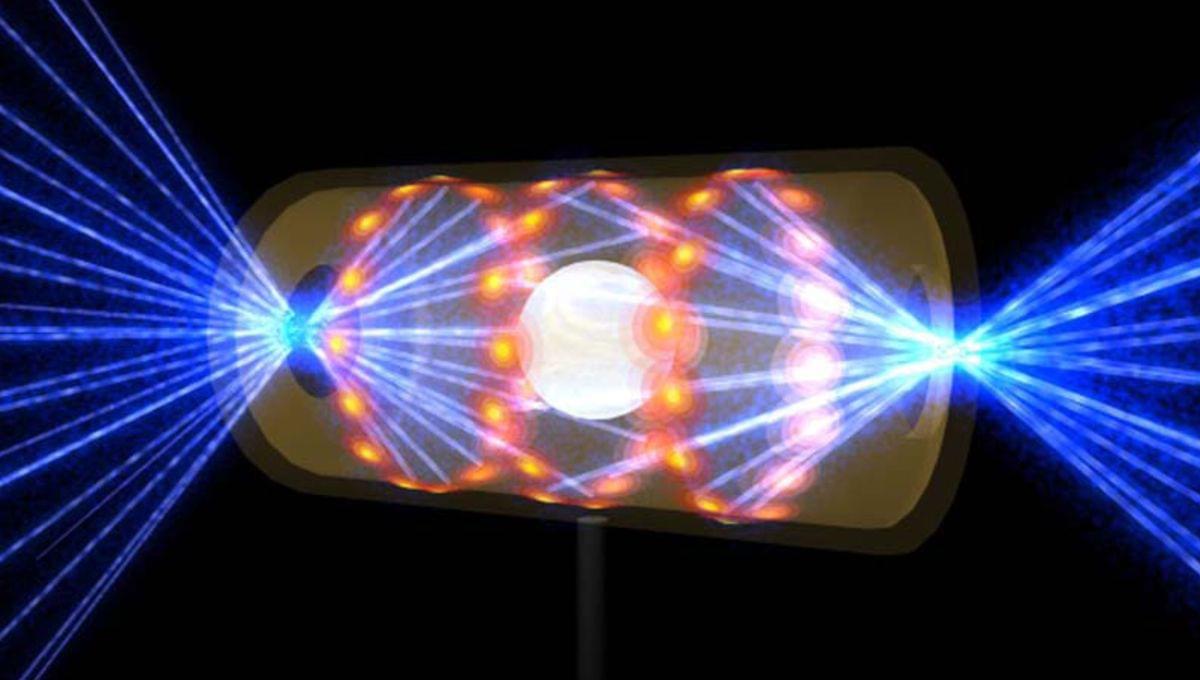Apple’s prioritization of shareholder value through massive share buybacks over investing in innovation and R&D may be a strategic misstep that could hinder its future success and allow competitors to gain an edge, particularly in emerging markets like AI
## Questions to inspire discussion.
Innovation and Investment.
🔬 Q: How could Apple’s buyback program have been used differently? A: A: Apple’s $700 billion share buyback over the past decade could have been invested in R&D to develop innovative products like a car, potentially yielding greater long-term value.
🤖 Q: What is Apple’s current stance on AI development? A: Apple’s inaction in AI is notable, with Siri’s performance declining over time, indicating a lack of focus on this crucial technology sector.
Product Development and Market Strategy.







